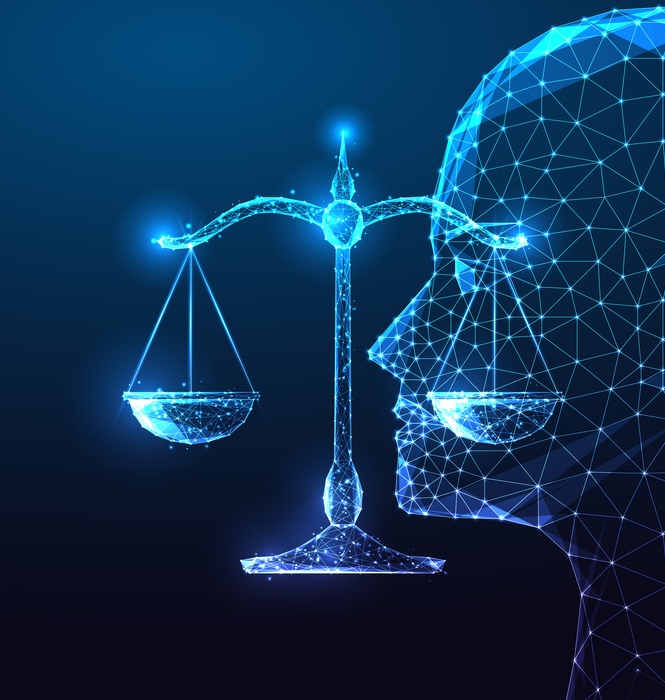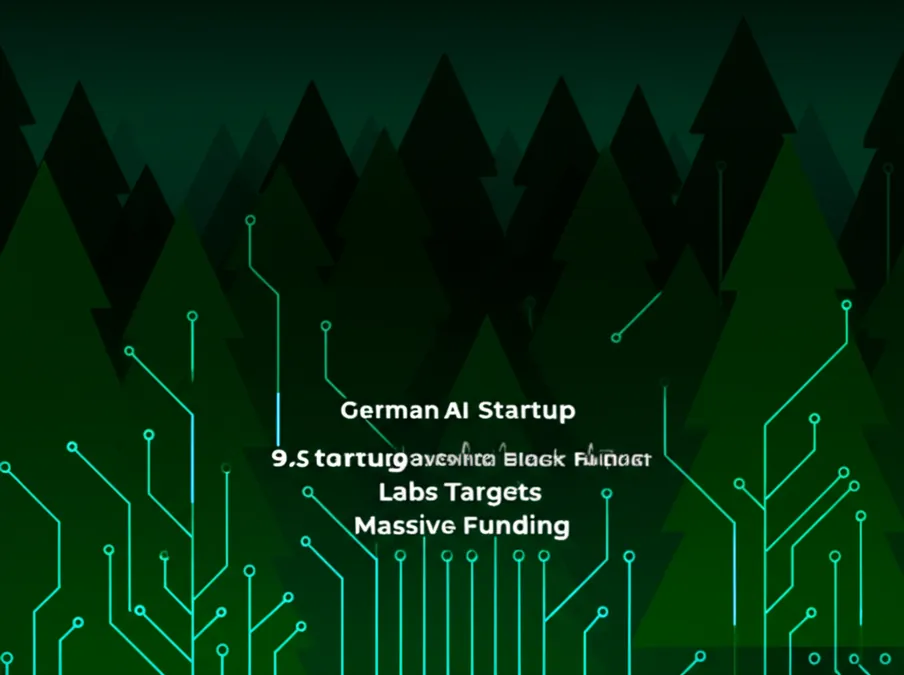Developer Offer
Try ImaginePro API with 50 Free Credits
Build and ship AI-powered visuals with Midjourney, Flux, and more — free credits refresh every month.
AI Copyright Battle Reaches The Supreme Court
"The Copyright Office has ambiguously deemed humanity as the sine qua non of copyright, when this Court has explained the only sine qua non is originality." – Thaler’s SCOTUS Petition
The debate over artificial intelligence and creativity has reached a new peak, as Dr. Stephen Thaler has taken his groundbreaking legal battle to the U.S. Supreme Court. He is fighting to have works generated solely by AI recognized under U.S. copyright law, a case that could redefine the very essence of authorship.

In his petition for a writ of certiorari filed on October 9, Thaler poses a fundamental question to the Court: “Whether works outputted by an AI system without a direct, traditional authorial contribution by a natural person can be copyrighted.”
This appeal follows a string of legal challenges. Thaler, who has also fought for his AI to be named an inventor on patents, recently saw his request for a rehearing denied by the full U.S. Court of Appeals for the D.C. Circuit. That court had previously affirmed the U.S. Copyright Office’s position that the Copyright Act of 1976 requires a human author.
The Case of A Recent Entrance to Paradise
At the heart of this legal battle is a single piece of art titled “A Recent Entrance to Paradise,” which was generated by Thaler’s AI, the "Creativity Machine."
 A Recent Entrance to Paradise, by Creativity Machine
A Recent Entrance to Paradise, by Creativity Machine
The U.S. Copyright Office Review Board officially affirmed the refusal to register the artwork in February 2022. In its decision, the Board stated that after reviewing statutory text and judicial precedent, it concluded that "human authorship is a prerequisite to copyright protection in the United States." Because Thaler did not claim to be the human author, the work was deemed ineligible.
The Board also dismissed the idea that the Creativity Machine could be an author under the work-made-for-hire doctrine, as an AI cannot enter into a legal contract.
Thaler's Arguments to the High Court
In his petition to the Supreme Court, Thaler argues that the human authorship requirement is a misreading of the law with damaging consequences. He warns that if this standard is "consistently enforced, it would spell the end of copyright protection for many photographs and other works created with technological assistance."
His key arguments include:
- Originality is the Only Standard: The petition asserts that the Supreme Court itself has identified originality as the only true requirement for copyright, not the humanity of the creator.
- Creation Method is Irrelevant: Citing the precedent in Star Athletica, L.L.C. v. Varsity Brands, Inc., Thaler argues that courts should not consider the methods or intent behind a work's creation when determining copyright eligibility.
- Parallels with Photography: Thaler posits that photographers are not denied copyrights for lacking "sufficient control" over the exact outcome of a photo. He claims it is arbitrary for the Copyright Office to impose this standard on AI users.
- Conflict with the Copyright Act: The petition claims the Copyright Office's stance conflicts with the plain language of the Act, which contains no explicit human author requirement, and that it stifles the constitutional goal of promoting progress by discouraging investment in creative AI.
Redefining Authorship for the AI Era
Thaler’s petition frames this as a historic moment, comparing it to the 1884 Supreme Court decision that first extended copyright protection to photography. "The world today without photography protected by copyright is unimaginable," the petition states, urging the Court to provide similar clarity for the age of AI.
This is not Thaler's first attempt to push legal boundaries for his AI. In 2023, the Supreme Court denied his petition in a patent case, Thaler v. Vidal, which asked if an "inventor" must be a human.
Now, the Supreme Court has another opportunity to weigh in on the rights of creations born from artificial intelligence. Its decision—or lack thereof—will have lasting consequences for the future of technology, art, and intellectual property.
Compare Plans & Pricing
Find the plan that matches your workload and unlock full access to ImaginePro.
| Plan | Price | Highlights |
|---|---|---|
| Standard | $8 / month |
|
| Premium | $20 / month |
|
Need custom terms? Talk to us to tailor credits, rate limits, or deployment options.
View All Pricing Details

